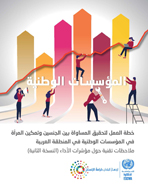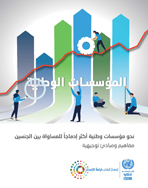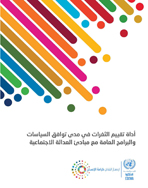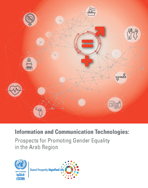Gender Mainstreaming and National Institutions

Since the 1995 Fourth World Conference on Women in Beijing, the United Nations has increasingly focused on “gender mainstreaming”, that is, ensuring that the concerns of women and men are equally reflected in policymaking and programmes. The Economic and Social Council defines gender mainstreaming as follows:
“Mainstreaming a gender perspective is the process of assessing the implications for women and men of any planned action, including legislation, policies or programmes, in all areas and at all levels. It is a strategy for making women's as well as men's concerns and experiences an integral dimension of the design, implementation, monitoring and evaluation of policies and programmes in all political, economic and societal spheres so that women and men benefit equally and inequality is not perpetuated. The ultimate goal is to achieve gender equality.”
An approach to gender mainstreaming has emerged involving a series of strategic elements: (1) building capacities on priority issues, especially for gender analysis and planning; (2) making available sex-disaggregated data across sectors; (3) establishing institutional accountability on gender-related mandates and requirements; (4) applying gender-related concepts at all management levels; (5) allocating funds in order to apply gender-related concepts; (6) assigning human resources, especially to monitor adherence to agreed commitments; and (7) ensuring systematic coordination and knowledge-sharing among all relevant stakeholders. Taking their lead from United Nations entities, Governments around the world have undertaken, with varying degrees of success, some of these strategic steps. In some cases they have set up gender units or focal points in ministries and/or adopted gender budgeting.
Most Arab countries have introduced institutional arrangements to support gender mainstreaming in public bodies. Many have also established entities devoted to gender matters, in the form of a ministry or national commission on women’s and gender matters. However, their work has often been hampered by limited resources and mandates. ESCWA works closely with such bodies to support their development and advance gender mainstreaming in government institutions









